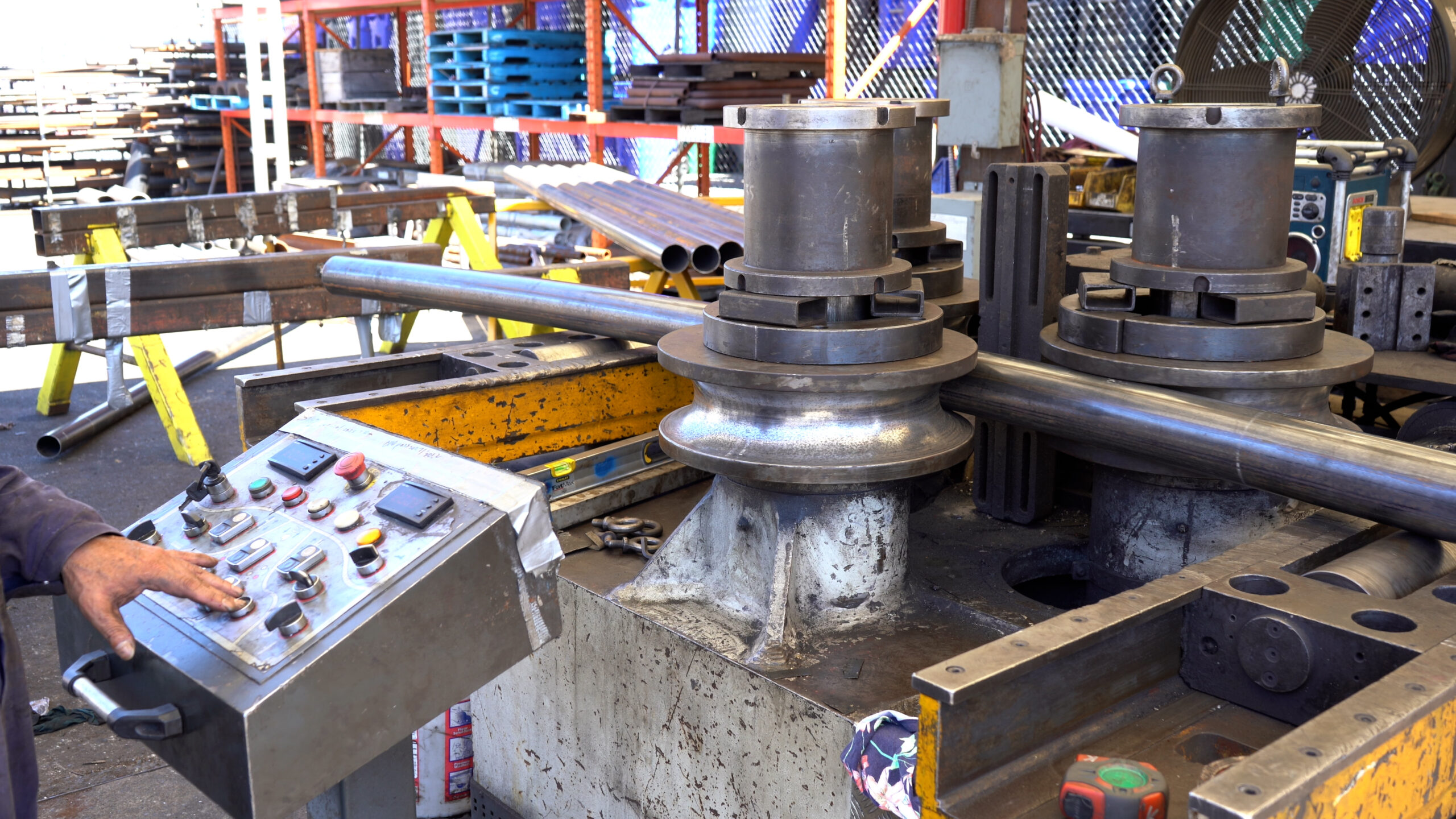The position of Bender/Roller is in high demand within the metallurgical sector since this specialist can shape metals. However, due to a certain lack of knowledge, this job has been surrounded by some myths. Next, we will learn some myths.
Focused solely on manufacturing
One of the central myths generated around the Bender/Roller job is that this specialist should only be part of the manufacturing process. However, the truth is that this worker can also be part of or advise in the design process. He can contribute his knowledge and help designers by providing feedback, which would save time and material in the project development.
The machine’s outcome never changes
Some people and companies think it is irrelevant which specialist they hire for the Bender/Roller position since the machine will provide the desired bending result. However, the truth is that not all parts subjected to a bending process will be the same as those of any Bender/Roller specialist. Each specialist may use similar or even the same equipment, but their skill and experience differentiate them from the others. Therefore, the result obtained will also be different.
Simple Job
Some people and companies think that working as a Bender or Roller is easy. However, to perform this job, the Bender or Roller specialist must have theoretical knowledge, a suitable machine or technology, different skills, and the ability to make decisions to perform a job that meets specific quality standards and the customer’s expectations.

There is no change in the work process
Many people and companies believe that the specialist performing the Bender/Roller position always uses the same method to bend metal, making it monotonous. However, thanks to the advancement of technology, there is now a wide variety of techniques for shaping metals, and the Bender/Roller specialist can choose the most appropriate method for the part that will be subjected to the deformation process. Among the methods used for metal bending are rotary pull bending and professional mandrel bending.
Dangerous Job
Many people think that the Bender/Roller position is dangerous and that work accidents may occur. The truth is that even though the machines used in the metal deformation process are hazardous due to the type of force they work with, the Bender/Roller specialist is professionally qualified and accredited to use this type of machine and carry out the metal deformation process most adequately and safely.
What do you think about this topic? Do you want to learn more about the Bender/Roller position?
If you are interested in working at Aggressive Tube Bending, you can click on the following link.